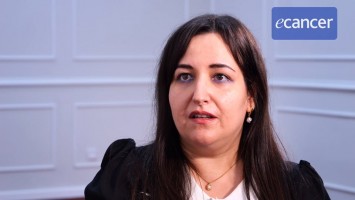In the initial phase of microbiome research in cancer the focus was really on its role in aetiology but there has been a shift towards trying to understand what the microbiome’s role is in defining how effective treatment is, how good it is at curing cancer, but also what role it has in trying to determine how toxic a treatment might be or whether or not, indeed, it might influence the ability of individuals to develop resistance to certain chemotherapeutics. In many ways this field has been rediscovered. If you go back 30-40 years there were some excellent metabolism studies where scientists were very aware of the role of the microbiome, in fact took advantage of it. So they understood that the microbiome had specific metabolic functions and you could create prodrugs which then get metabolised into active drugs. But what the microbiome revolution, I think you can call it, in the last few years has told us is that actually their importance is much more subtle and it’s very, very diverse and it’s highly individualised. It’s much more than just drug metabolism. It influences the immune response, for example, to many types of cancer therapies.
When else is understanding the microbiome particularly important?
There is a significant drive towards personalised healthcare and this is a common theme and you hear that a lot in cancer therapy, how you get the right drug for the right patient at the right time. But my belief is that you can’t have personalised therapy without understanding what the microbiome does because it is so individualised, it is so specific and it is so bioactive. So if you’re just doing pharmacogenomics and you’re just interested in what an individual’s genes are doing and you’re trying to design drugs based on someone’s genes, you’re missing really an awful lot of what’s defining how effective that drug is. So you’ve got to study the microbiome and that’s why it’s so important.








